How To Replicate An Optimal Wild Betta Fish Diet
What do Wild Betta Fish Eat?
A good diet is critical for maintaining the health and happiness of your fish, especially bettas. When shopping for food, you might realize there are multiple options available for you to select from, including pellets, flakes, freeze-dried, frozen, live, and more! While choosing the right supplies can feel overwhelming, you can inform your decisions by understanding what your fish eat in their natural habitats, not by what Amazon has recommended as their top choice. Betta fish are primarily carnivorous and therefore need a protein-rich diet, and if you learn one thing from this blog post NEVER EVER FEED THEM PEAS. However, bettas are also opportunistic feeders, meaning they eat a wide range of prey items depending on what is available which may include accidental plant matter, detritus, or algae. Let's take a closer look at what wild betta fish eat in their native ecosystems to understand we should be feeding them at home.

Insects in the Wild Betta Fish Diet: What You Need to Know
Insects are a major part of the wild bettas' diet. They are an excellent source of protein and other essential nutrients that keep the fish healthy and growing and in the warm tropical climates of Southeast Asia there are plenty to go around. Remember, wild bettas are native to tropical and subtropical rainforests of Southeast Asia and these biodiverse regions provide important prey such as mosquitoes, flies, water fleas, dragonflies, and small beetles.
One of the most common insects that wild bettas feed on is mosquito larvae. Mosquitos are prevalent during the rainy season in tropical regions, laying their eggs in shallow, standing water – when hatched, mosquito larvae are a rich source of protein for betta fish. Bettas have a special adaptation that allows them to breathe oxygen from the water’s surface (called the labyrinth organ), meaning they can survive in shallow water where mosquito larvae are abundant.
Crustaceans as a Vital Component in Wild Betta Diet
Crustaceans are another common food source for wild betta fish. Bettas are known to feed on a variety of crustaceans, including small shrimp, crabs, and crayfish. Brine shrimp, daphnia, and zooplankton, aquatic creatures only clearly visible under a microscope, are also crustaceans! If you can source them, daphnia are an incredible food source for the fish in your aquarium and can be housed in a simple bucket with an air stone.
Wild bettas often feed on freshwater shrimp. Freshwater shrimp are found in slow-moving streams and shallow ponds (or sometimes in your home aquarium) and can provide a tasty, nutritious snack for wild bettas. If you’ve ever attempted to keep bettas and shrimp together, particularly small varieties like neocaridina, you might have noticed that your shrimp go missing after a couple of days! Of course, this isn’t always the case – tank mates should be chosen based on the temperament of your betta.

Small Fish Prey: Understanding Wild Betta Feeding Habits
Wild bettas can also feed on small fish. While betta fish are not known to be aggressive hunters, they occasionally prey on small fish swimming near the water’s surface. Like many fish, if the prey can fit in their mouth, they will probably eat it! Some small fish that wild bettas feed on include minnows and fish fry (sometimes including their own fry if no other food is available). While we have note seen our Betta Hendra snack on their own fry, I have witnessed the Albimarginata opportunistically snack on their babies.
Balancing Plant Matter in Betta Diet: Insights from Their Natural Habitat
While betta fish are primarily carnivorous, they also feed on plant matter by accident. In their natural habitat, bettas often eat algae, small pieces of plant matter, and other vegetation floating in the water as a by product of gulping in insects or crustaceans. Bettas cannot process this plant matter, however, so it’s best to avoid supplementing plant based foods in their diet (this includes algae wafers used to feed shrimp & snails, and peas for constipation). Do. Not. Feed. Your. Betta. Peas.

Caring for Your Betta's Microbiome: Tips for Digestive Health
Both terrestrial and aquatic animals (including humans!) have microbes that colonize their stomachs and help along natural processes like digestion and immune function. Bettas and other fish have four times as many microbes in their digestive system as people! As creepy as that might sound, many of these microbes are beneficial. The community of microorganisms in the gut is called the gut microbiome – caring for your fish’s microbiome and overall digestive system will promote health and longevity. Promoting good digestive health is easy - just provide a diverse, rich, healthy diet, and avoid foods such as plant based foods or algae wafers. I will say that the exception to this is Fluval Bug Bites with Spirulina - this food should be utilized frequently in a bettas diet.
Remember that bettas have a sensitive digestive system, so it is recommended to fast your fish one day per week to give their digestive systems a chance to process. A poor diet and lack of fasting can lead to health issues such as bloating, constipation, and swim bladder. We also recommend flaring your betta as this can improve digestion - just as we see in humans. We have great 3D printed betta fish flare sticks available, just make sure you flare them for no more than 5 minutes a day as this helps to replicate the natural territorial displays we would see in the wild.
Food Recommendations for Wild and Domestic Bettas
In your home aquarium, provide your betta with a varied diet that includes live and formulated foods. A recent study indicated that a mixed diet of live and formulated foods increased growth and longevity in ornamental betta splendens compared to a diet of all live food and all formulated food. Some bettas can be picky, so variety can also keep your fish healthy if it rejects certain foods. Formulated foods are dry and higher calorie than frozen or live food, which is why it's important to feed a diverse diet as we don't want to provide too many calories to our bettas and we don't want to provide 'dry' food to them 100% of the time. This is the recommendations on the packaging of LEGIT Fish Food which is made of Mysis Shrimp - one of the recommended frozen foods for bettas.
Some hobbyists (like me!) set up brine shrimp hatcheries to maintain a consistent live food source. Brine shrimp are especially healthy for betta fry – we highly recommend them if you plan to breed your bettas. Brine shrimp eggs can last for up to 10 years when stored in a cool, dry place, and will hatch in salty water. It is quite easy to get started with brine shrimp and we recommend the San Francisco Bay Brand hatchery kit where you put a 2-liter bottle in a fabricated base with a bubbler. These work fantastic and you don't need a high tech Ziss Hatchery to get started.
Live food can be difficult to come by, especially if you don’t live close to a good local fish store. Frozen foods, such as frozen bloodworms, can also be used if you don’t have access to live foods and can be purchased online or at your local pet store. We again use San Francisco Bay Brand frozen blood worms, brine shrimp, and mysis shrimp.

Providing Optimal Nutrition for Happy Betta Fish Isn't Hard
Understanding how your fish behave in nature and interact with its native ecosystem can help you provide the best possible care at home. Wild betta fish are opportunistic feeders that eat a variety of prey depending on what is available in their natural habitat. Insects, crustaceans, and small fish are all part of a wild betta's diet. It is important to provide your betta with a balanced diet that includes live and formulated foods to promote health and longevity. Live foods are often preferred, but you can substitute frozen if you don't have access to a live source. At Betta Botanicals, we are happy to answer any additional questions you have about feeding your wild or domestic bettas. Good luck, and happy fish keeping!
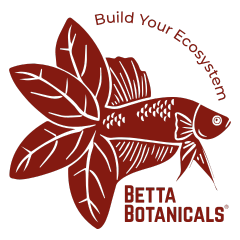
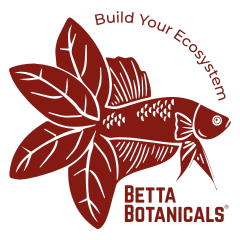
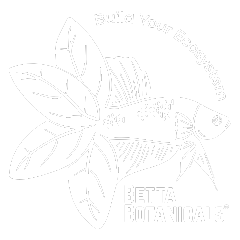
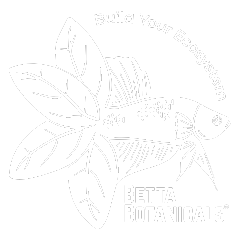
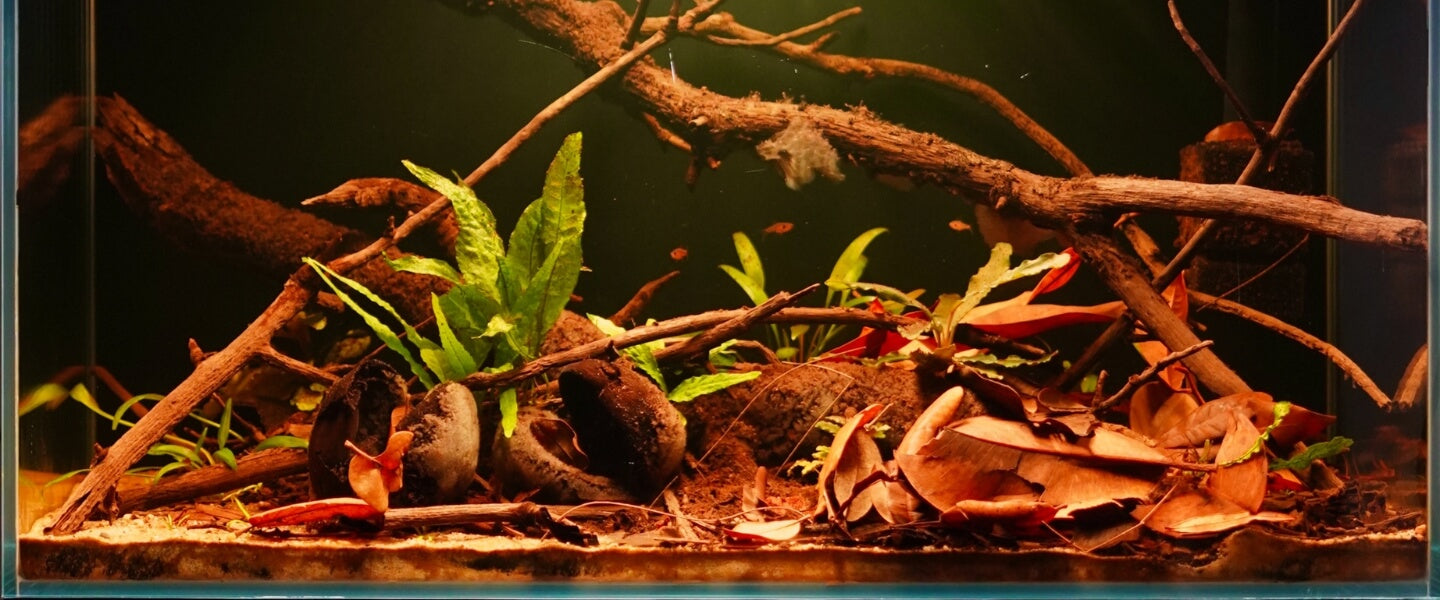


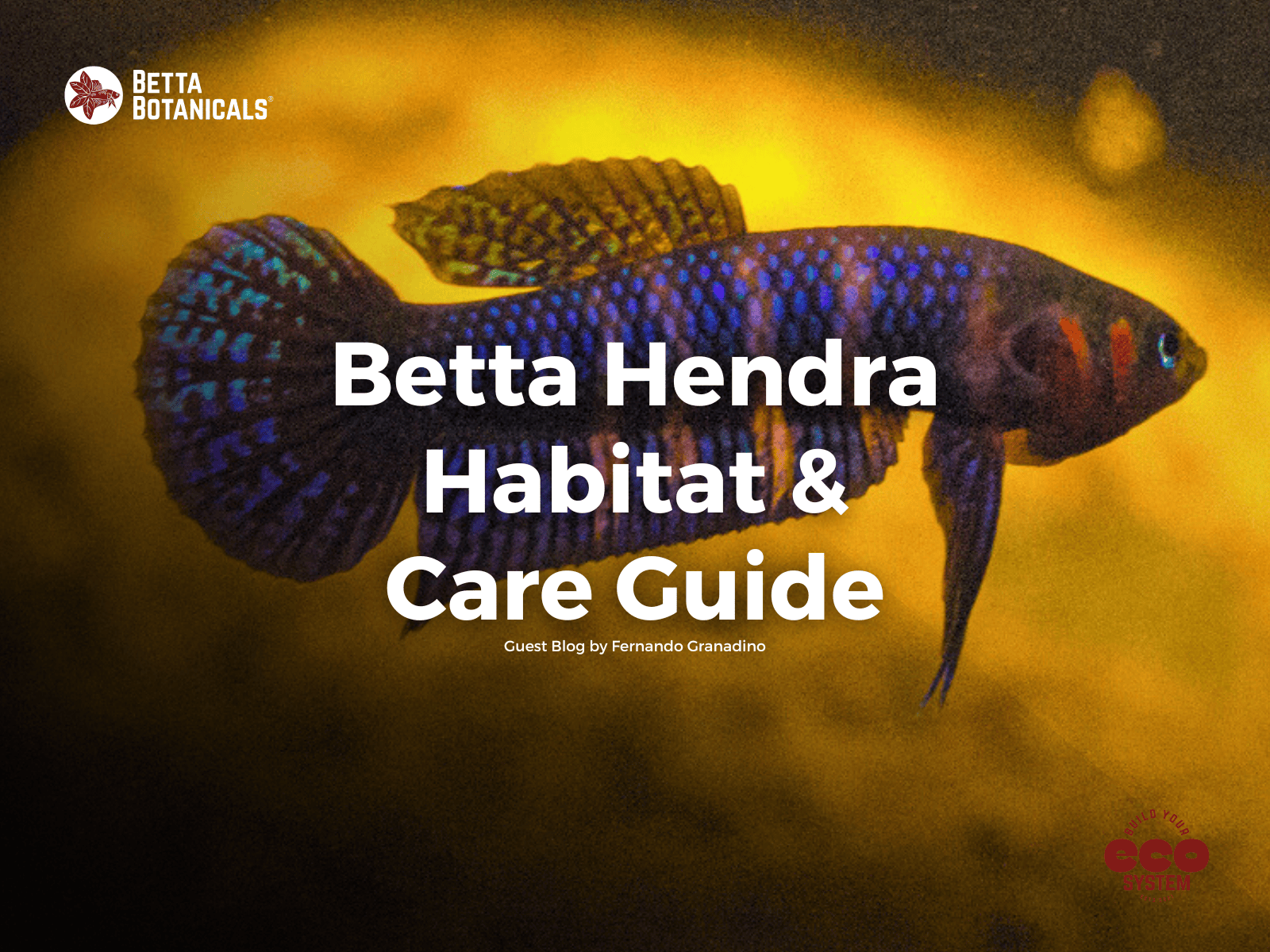

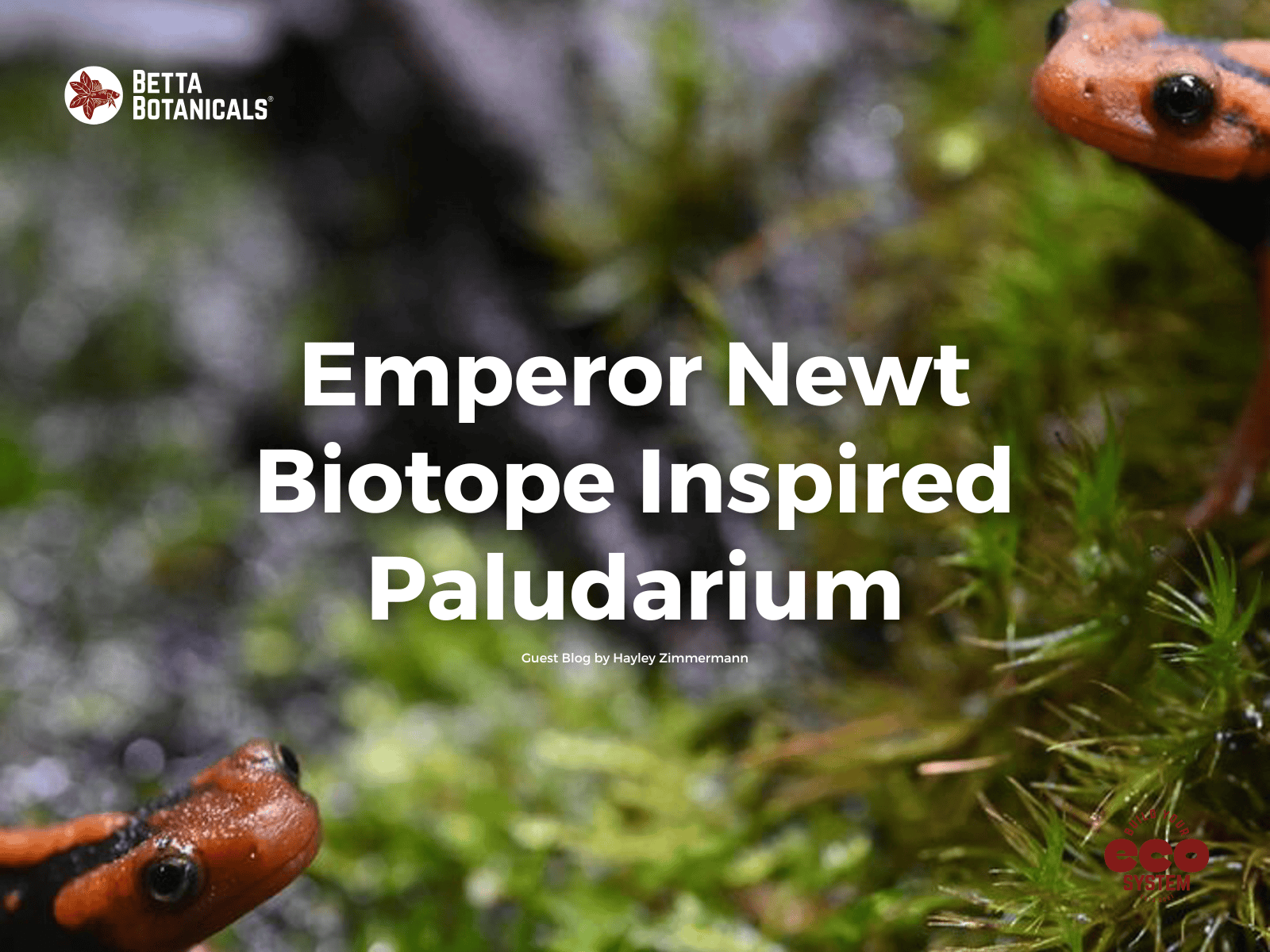
Inspire your friends:
Bioactive Vivarium Build Guide for Pacific Tree Frogs - Part 1
Sparkling Gourami: Comprehensive Care And Habitat Guide